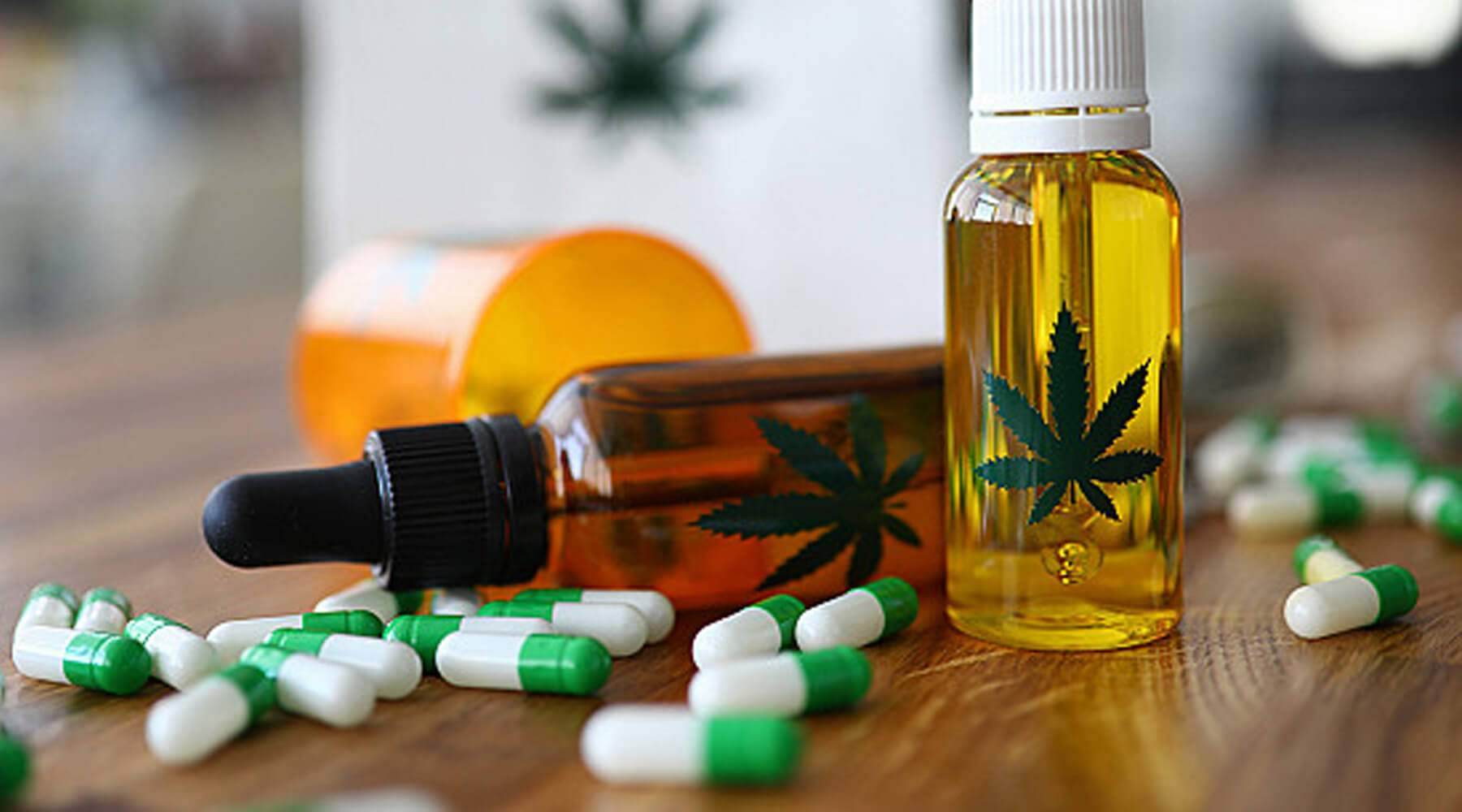
The implications of mixing CBD with other medications
When consuming CBD, your body can alter the way it processes specific medications. Cannabidiol (CBD), has gained a lot of attention in the past few years amongst consumers for its potential benefits to help with certain symptoms such as sleeping disorders, anxiety, and chronic pain.
As continuous studies are carried out to show how effective CBD can be, many people are giving this alternative and holistic approach a go.
Research to date shows that CBD is generally safe and has very few or no negative side effects when it is consumed. However, there may be one big caveat in that CBD does have the potential to interact with some specific medications. The concern is around how your body may metabolize certain substances.
Before giving CBD a try, it’s very important to speak to your doctor about all of the over-the-counter medications you’re currently taking.
Drug metabolism and CYP450 enzymes
When one consumes other medications or substances, the body has to metabolise and digest them. Drug metabolism happens throughout the body, including in the gut, and the liver plays a bigger part in this. A group of enzymes called cytochrome P450 (CYP450) does the important task of converting foreign body substances in order to be eliminated with ease. However, some medications or substances affect CYP450, by slowing or speeding up the drug metabolism process. That change in metabolism rate can alter how your body processes a medication or supplement you consume.
Why does CYP450 matter when it comes to CBD and other medications?
Research shows that the CYP450 family of enzymes is responsible for metabolising some cannabinoids that including CBD. Specifically, CYP3A4, an important enzyme within the CYP450 family, does this very important task. However, during this process, CBD can also interfere with the CYP3A4 enzyme which is responsible for metabolising 60% of the prescribed medications and if CBD is containing the CYP3A4, it can’t work as effectively to break down the medication in your body.
More importantly, the exact opposite can happen too. Lots of medications inhibit the CYP3A4. If you consume CBD while on these medications, your body can’t work to process the CBD as effectively as it should.
In some cases, an increased level of medication in your system could exaggerate its effects and often some substances may speed up the work of the CYP450 enzyme family.
How can I try CBD safely while taking other medications?
If you are tempted to try CBD as an alternative therapy to ease symptoms of a certain condition, talk to your doctor about it first. Most likely your doctor may be able to help recommend a CBD product, that is right for you. In some cases, your doctor may want to monitor the blood plasma levels of certain medications you are already taking. We highly recommend that you do not stop any of your current medications to try CBD unless your doctor says it’s safe to do so.
For potential drug interactions, look for the grapefruit warning
Although studies are still ongoing to determine potential interactions between CBD and certain medications, consumers must keep in mind that CBD should be avoided if their medications have a grapefruit warning on the label. Such warning shows that people taking the medication should avoid consuming grapefruit or grapefruit juices.
According to the Food and Drug Administration (FDA) consuming grapefruit while on such medication can lead to a higher concentration of the medication in the bloodstream. This can have adverse side effects or even an overdose in some cases.
There are over 85 drugs known that may interact with grapefruit and some closely related citrus juices such as oranges, pomelos, and tangelos. Chemicals in grapefruit known as furanocoumarins inhibit CYP3A4, similarly to CBD. The result may be a slowed metabolization of medications. Grapefruit warnings are common in many types of medications and it's important to make sure that you check your medication’s insert information or consult with your doctor.
The types of medications that may include a grapefruit warning
- Antibiotics & Antimicrobials
- Anticancer
- Antihistamines
- Antiepileptic drugs (AEDs)
- Blood Pressure Medications
- Blood Thinners
- Cholesterol
- Corticosteroids
- Erectile Disfunction
- GIs, such as to treat GERD or nausea
- Heart Rhythm
- Immunosuppressants
- Mood medications for anxiety, depression, or mood disorders
- Pain
- Prostate
Safety and side effects
You might be able to consume CBD in conjunction with other medications that have a grapefruit warning but only under a close monitor of your doctor. If necessary, your doctor may monitor the plasma serum levels of the medication you’re taking. They may also choose to monitor your liver functioning too. If you’re consuming CBD as part of your daily routine in conjunction with other medications, it’s important to keep an eye on potential changes in how the medication or the CBD affects you.
Side effects to watch for
- Sedation
- Nausea
- Seizures
- Fatigue
- Diarrhoea
-
Changes in appetite and body-weight


